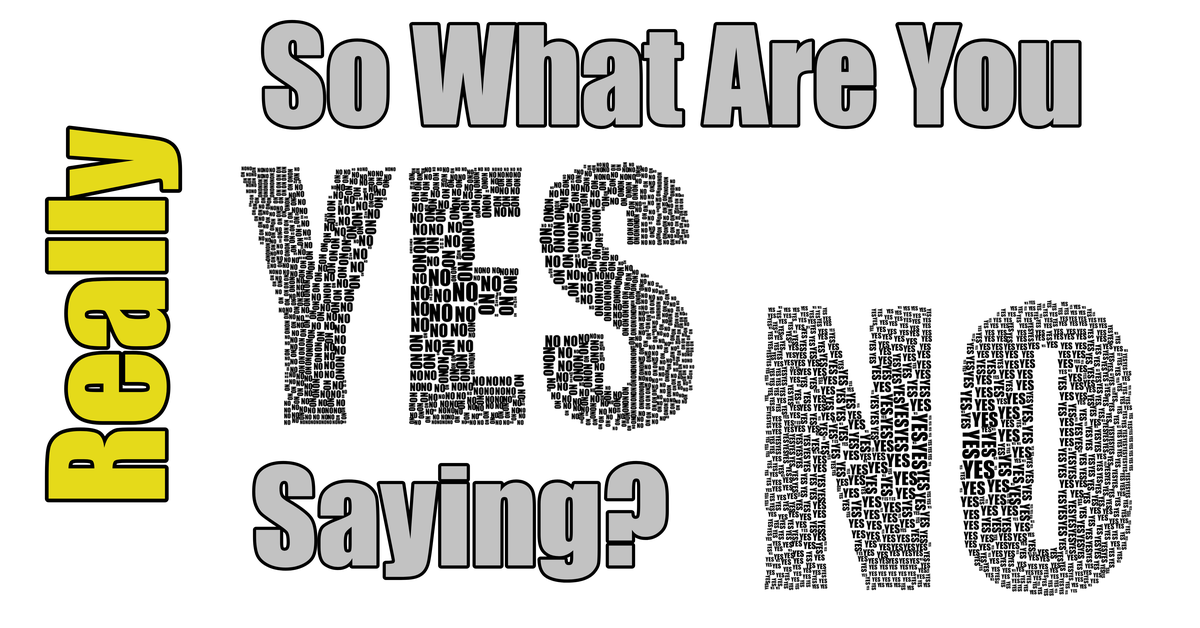“Again you have heard that it was said to those of old, ‘You shall not swear falsely, but shall perform to the Lord what you have sworn.’ But I say to you, Do not take an oath at all, either by heaven, for it is the throne of God, or by the earth, for it is his footstool, or by Jerusalem, for it is the city of the great King. And do not take an oath by your head, for you cannot make one hair white or black. Let what you say be simply ‘Yes’ or ‘No’; anything more than this comes from evil
Understanding And Applying the Text
Here again, Christ is not adding to or correcting the Law. He is giving the correct interpretation. When we perjure ourselves we take God’s name in vain. Taking the Lord’s name in vain is more than using it in a vulgar way. That is a simplistic understanding. That view allows us to defame God’s name in many other ways. Any time we speak for Him we defame His name. Yes, when you walk up to someone and say “God told me to tell you…” Or even “God told me … ”
The Jews understood those who used God’s name in idle conversation took God’s name in vain. They understood those who spoke for Him took God’s name in vain. That is “God told me … “ And using God’s name in a vulgar sense was unthinkable.
They knew perjury was taking God’s name in vain. But as long as what you said was true there was no problem. Christ corrected this error.
Some believe Christ’s commandment applies only to religious vows. But this applies to all promises using God’s name. When we make such a promise we appeal to God as guarantor.
Many have taken a wooden understanding of the phrase “… do not take an oath at all…” In doing so they miss the meaning of Christ’s commandment. And they make Christ a liar. For Christ submitted to an oath during His trial. (Matthew 26:63)
In trying to keep the letter of the Law they violate the spirit of the Law. You see the ridiculousness manifested in being a court witness. “Do you swear the testimony … ” They object. They refuse to take the oath. But if you change it to “Do you promise to the testimony…” they see no problem. That misses the point of what Christ said altogether.
Christ did not say not to swear at all. We need to read the rest of the sentence. He adds, neither by heaven nor earth. Ripping, “do not take an oath at all,” out of context is like interrupting someone in mid-thought. It renders it void of meaning.
The Jews understood they should not swear by God. That defamed His name. So rather than using God’s name by direct means, they did so by indirect means. They could swear by heaven, or by the earth, or by the altar. (Matthew 23:18) They thought nothing of it.
So Christ’s cautions against swearing by God’s name either by direct or indirect means. But there are times the Law permits and in fact, commands us to swear. (Deuteronomy 6:13) Christ, meaning is we are not to abuse or profane God’s sacred name.
Swearing heaven or earth is an indirect profaning of God’s name. Neither heaven nor earth belongs to us. They are His.
Jesus prohibiting oaths is not universal. Jesus submitted to an oath during his trial. (Matthew 26:63) Paul invoked God as his witness. (Romans 1:9) In fact, God Himself takes an oath. (Hebrews 6:17)
The Jews held to a legalism that required a specific oath to make words binding. Jesus was addressing the use of these “magic” words or phrases. Jesus demanded integrity in everything word spoken. We are to speak as if all we say is under an oath. Daily words should have no less weight than an oath. Our Yes is to mean yes. Our no is to mean no.


Leave a Reply